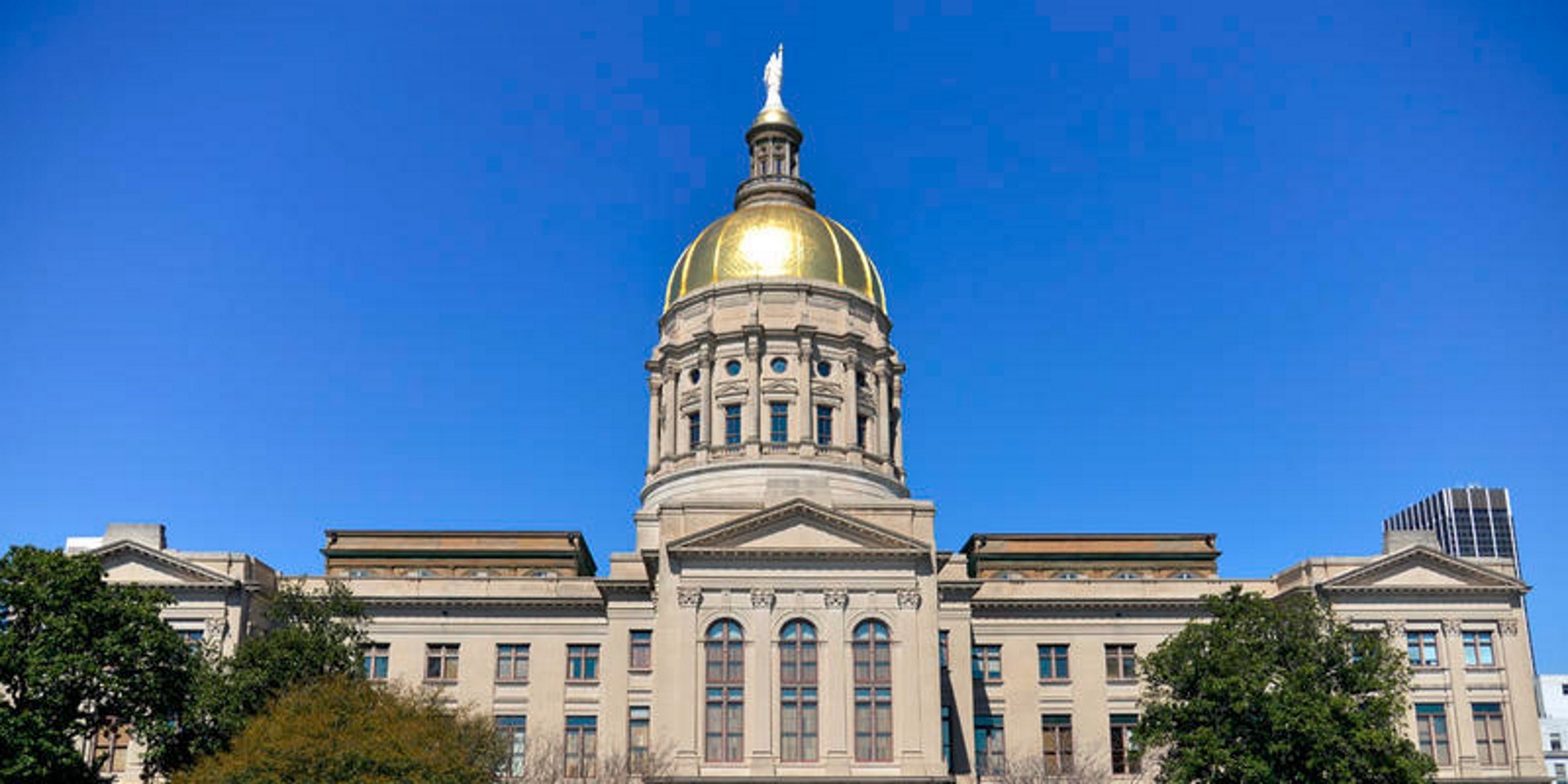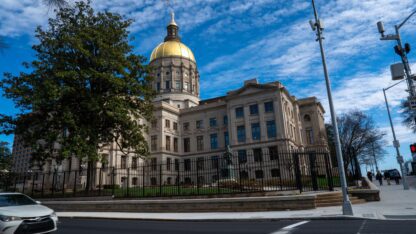Updated at 5:30 p.m. Tuesday
Emory University will remove the name of an antebellum slavery supporter from a dormitory and add the name of a Black judge to a classroom building as it confronts what its current president calls “a legacy of racism.”
The private university also plans memorials on both its Atlanta and Oxford, Georgia, campuses to the enslaved people who built its campus in Oxford, Emory President Gregory L. Fenves announced Monday.
Fenves said he’s still considering some other proposed name changes, including removing the name of Robert Yerkes from the Yerkes National Primate Research Center. Yerkes was a psychologist and primate researcher who is criticized today for claims that Black people and recent immigrants were of lower intelligence than native-born white people.
These and other developments reflect the work of a task force of faculty, staff and community members that made suggestions in April on how to recognize the contributions of disenfranchised populations, Fenves wrote in a message to the university community.
Another committee evaluated historic names on buildings, programs and scholarships and recommended in May that five names be removed while one new name be added.
The Longstreet-Means dormitory will be renamed Eagle Hall, Fenves said. Augustus Baldwin Longstreet wrote pro-slavery pamphlets during his tenure as Emory College president from 1839 to 1848, according to the committee’s report. His name will also be stripped from an English professorship.
Horace J. Johnson Jr.’s name will be added to Language Hall at Oxford College, a two-year Emory school that focuses on liberal arts education. In 2002, Johnson became the first Black Superior Court judge in Georgia’s Alcovy Judicial Circuit.
The naming committee said the judge, who passed away last year, was a “pioneering and prominent African American alumnus who for many years was a sought-after and generous mentor to our diverse students of color and all backgrounds.”
The building is expected to be dedicated in October.
Fenves said he will continue reviewing the committee’s recommendations to remove four other names from buildings and other campus placements. The university will also explore ways of acknowledging that it is located on Muscogee (Creek) Nation homelands.
“By understanding our history and expanding the Emory story to include voices, perspectives, and contributions that were overlooked or silenced, we are creating a deeper understanding of who we are and all we can achieve as a university,” Fenves said.








